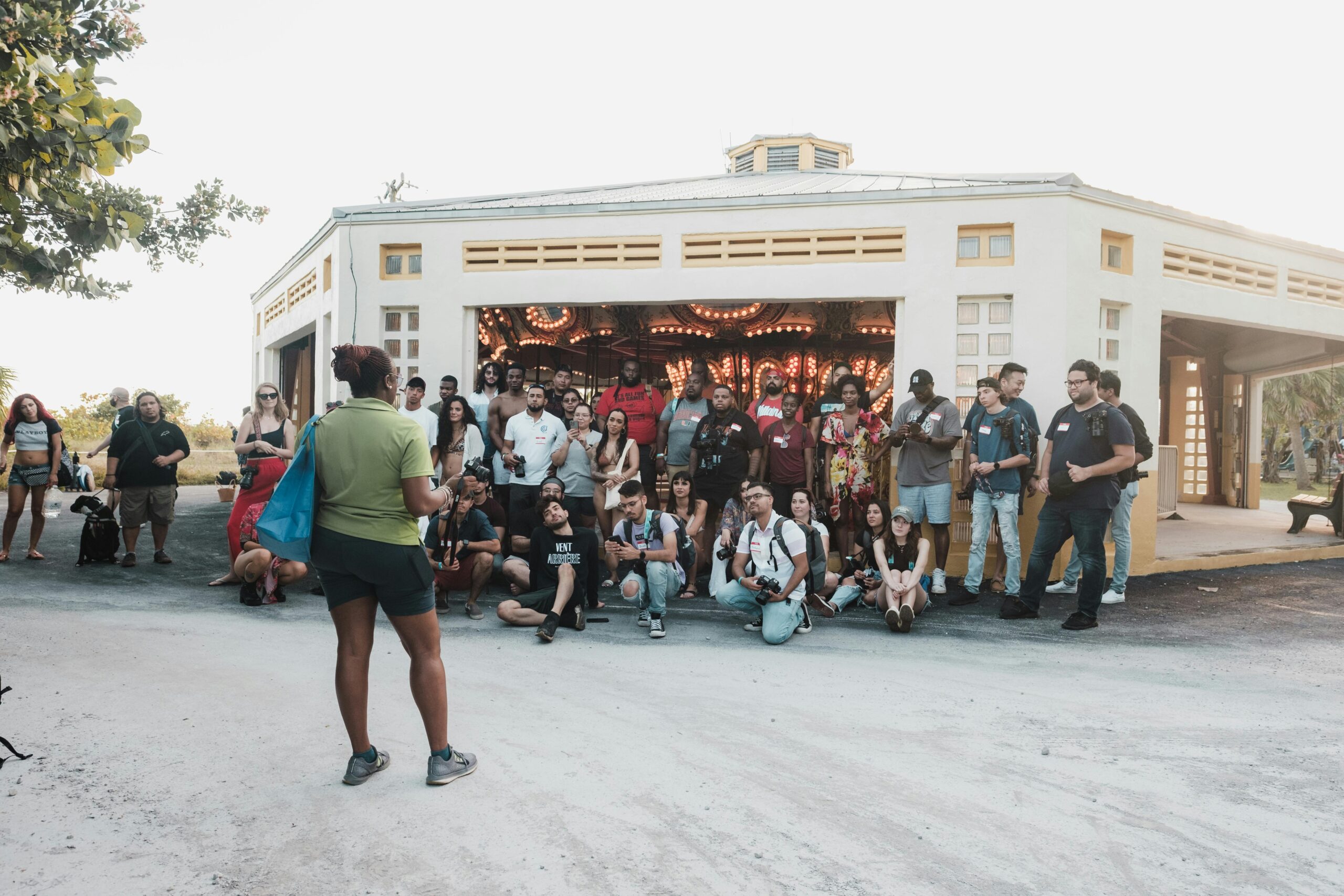“Ever been surprised when a professor asked you to call them by their first name? Or when a cashier started chatting about the weather? That’s cultural shock in action!”
Studying in the United States is a dream for many international students. You’ll meet people from all over the world, learn from top professors, and explore a culture full of opportunities.
But let’s be real—adjusting to life in America can feel overwhelming at first. Many international students experience cultural shock, when everyday customs, behaviours, or traditions seem unfamiliar or surprising.
The good news? It’s completely normal—and with the right mindset, you’ll adapt, grow, and even enjoy these differences.
Here are the most common cultural shocks international students face in the US, along with practical tips to help you navigate them.
1. Adjusting to America’s Informal and Friendly Culture
In the US, people are casual. Students wear jeans and sneakers to class, professors may ask you to use their first names, and strangers smile or say “hi” just to be friendly.
Why it feels strange: If you come from a culture where hierarchy and formality matter, this might feel odd—or even disrespectful.
Quick Tip: Accept the friendliness—it’s not disrespect. Use first names when invited, smile back, and enjoy the openness.
2. Small Talk Everywhere
“Hi, how are you?” “Nice weather today!” Expect to hear these phrases in classrooms, stores, or even at the bus stop. In America, small talk is a way of being polite and friendly.
Why it feels strange: In many cultures, people save conversations for close friends or serious topics.
Quick Tip: Keep it simple! Reply with: “Good, how about you?” Think of small talk as a social bridge, not a real question.
3. Diversity and Individualism
The US is home to people of every background, language, and religion. At the same time, American culture values individualism—expressing your opinions, making independent choices, and standing out.
Why it feels strange: In some cultures, decisions focus on family or community rather than individual choices.
Quick Tip: Appreciate diversity, but also share your own perspective. Americans respect authenticity—even if they disagree.
4. Classroom Participation Expectations
Unlike lecture-heavy systems in some countries, American classrooms expect students to speak up, ask questions, and join discussions. Participation often counts toward your grade.
Why it feels strange: If you’re used to just listening and taking notes, speaking up can feel intimidating.
Quick Tip: Start small—ask one question or share one thought per class. Professors value effort more than perfect answers.
5. Punctuality and Time Management
In the US, time is money. Being late for class, meetings, or even social events is often seen as disrespectful. Americans also like to plan ahead—coffee dates, study sessions, or parties are usually scheduled in advance.
Why it feels strange: Some cultures are more relaxed about time and flexible schedules.
Quick Tip: Use a planner or phone calendar. If you’re running late, send a quick message—it shows respect for others’ time.
6. Food Culture and Eating Habits
Food in the US can be surprising: big portion sizes, fast food chains everywhere, and students eating on the go. Mealtimes are flexible, and many snack throughout the day.
Why it feels strange: If you’re used to home-cooked meals and structured family dinners, this may feel chaotic.
Quick Tip: Cook your traditional meals when possible, but also try local favorites. Many campuses have international grocery stores nearby.
7. Direct Communication Style
Americans tend to be straightforward. They share feedback openly and express opinions—even with professors or supervisors.
Why it feels strange: In many cultures, people speak indirectly to avoid conflict or embarrassment.
Quick Tip: Don’t confuse directness with rudeness. Be honest too—just stay polite and respectful.
8. Homesickness and Loneliness
No matter how exciting life in the US is, you’ll likely miss home—your family, food, and familiar routines. Almost every international student feels this at some point.
Why it feels strange: Adjusting to a completely new environment can sometimes feel isolating.
Quick Tip: Stay in touch with loved ones online, but also build friendships locally. Join clubs, attend campus events, and remember—it takes time to feel at home.
Final Thoughts: Embracing Cultural Shock as Growth
Experiencing cultural shock while studying in the US is completely normal—it’s part of living abroad. At first, these differences may feel overwhelming, but they’re also opportunities to learn and grow.
By keeping an open mind, embracing diversity, and trying new experiences, you’ll adapt more quickly and build valuable life skills. Soon enough, you’ll look back and realize these cultural shocks became some of your most meaningful lessons.
So take a deep breath, dive into American culture, and remember: you’re not just studying abroad—you’re building a stronger, more global version of yourself.
“Which of these cultural shocks do you think will surprise you most? Share your thoughts in the comments below!”
